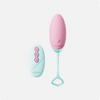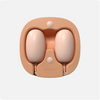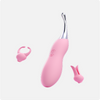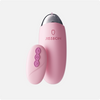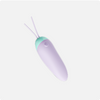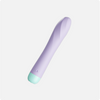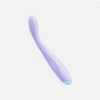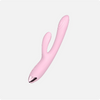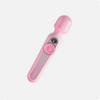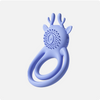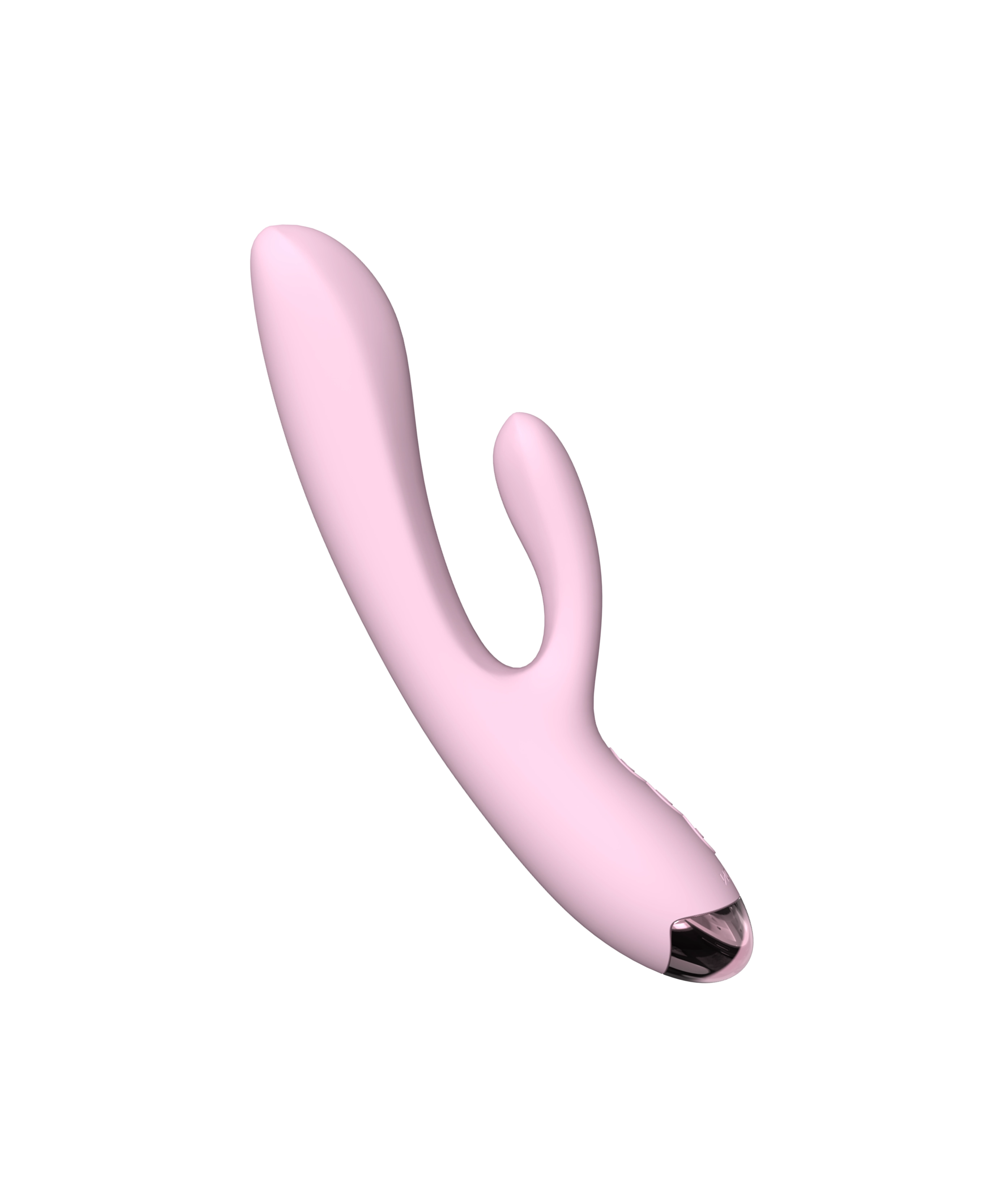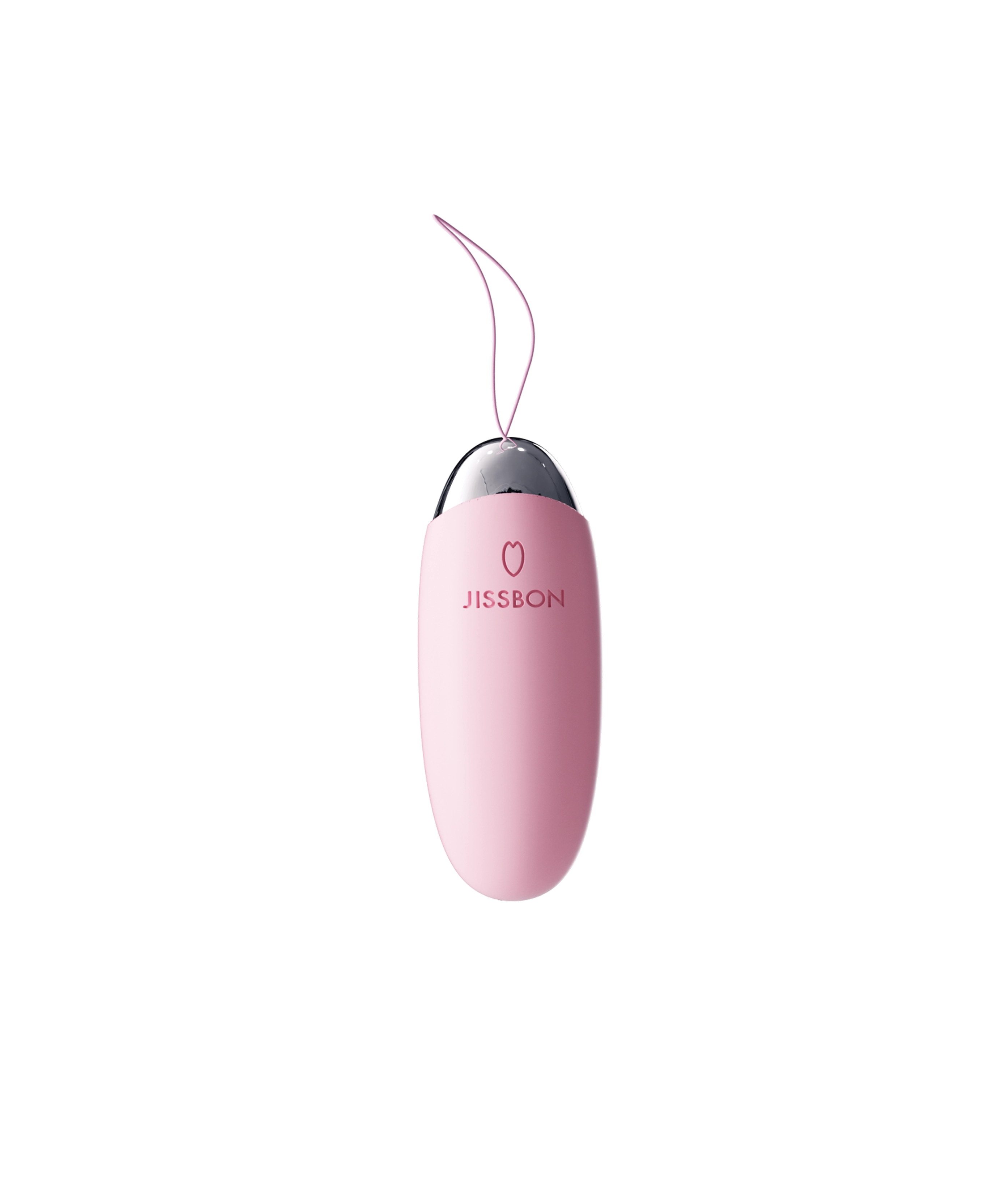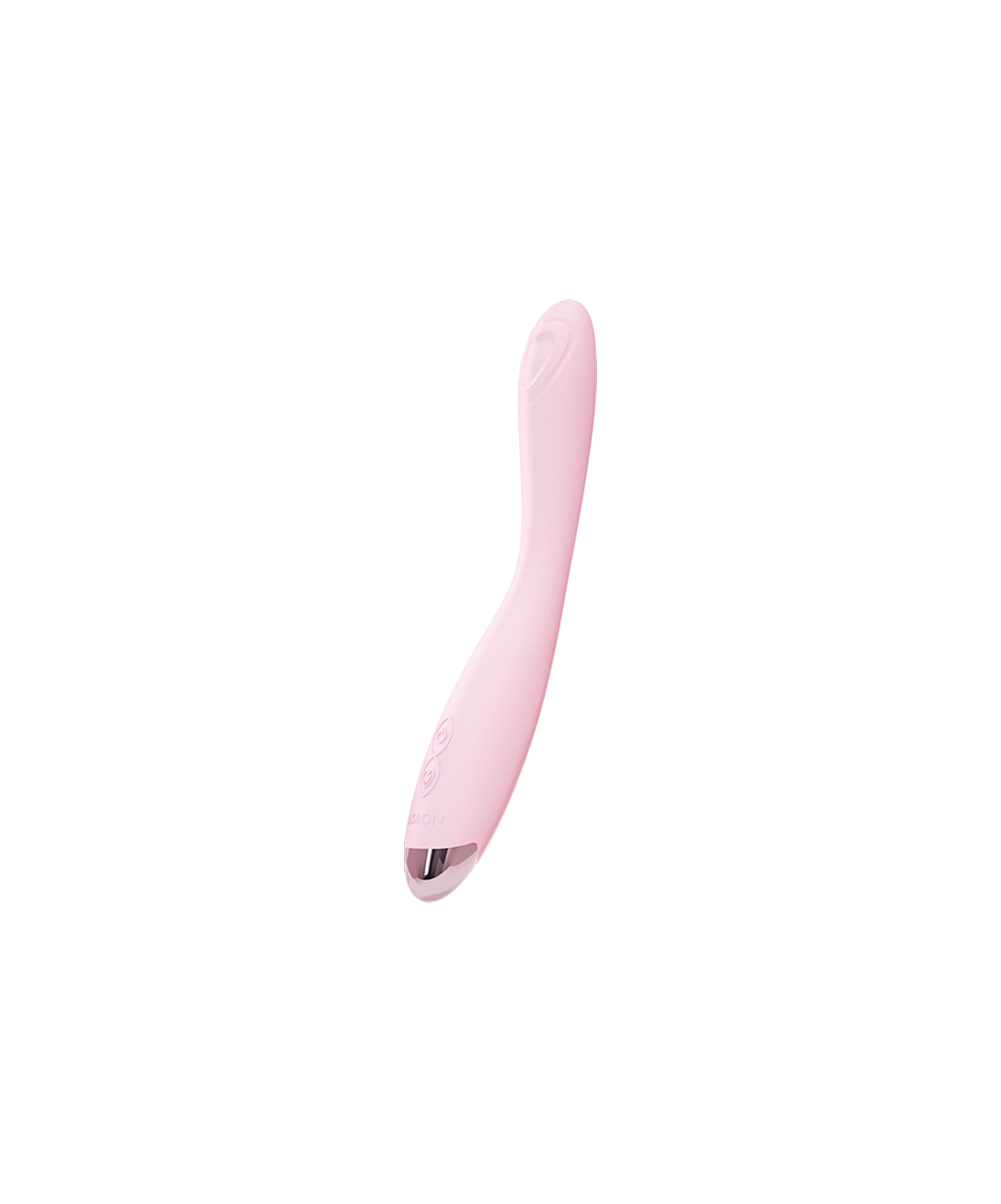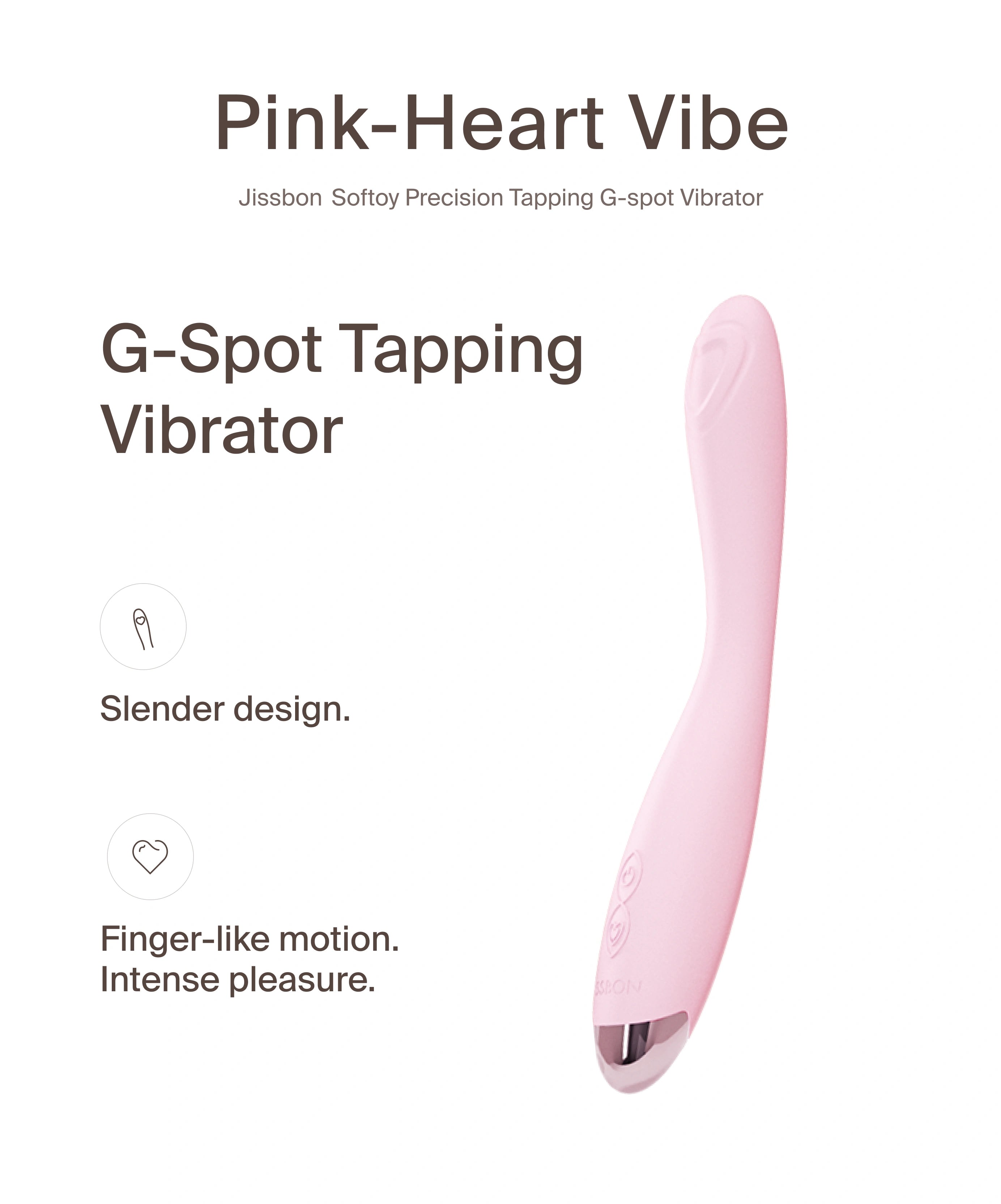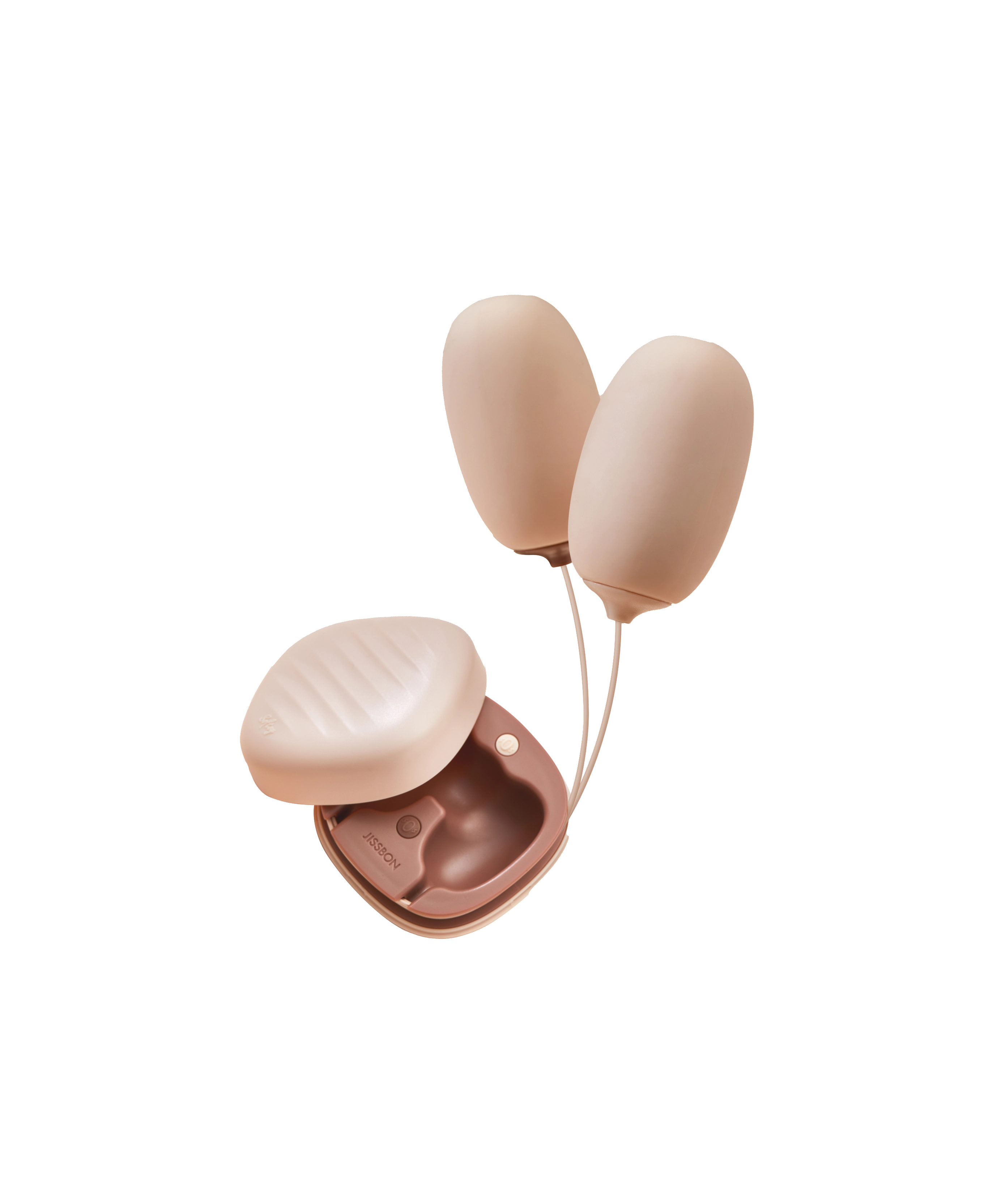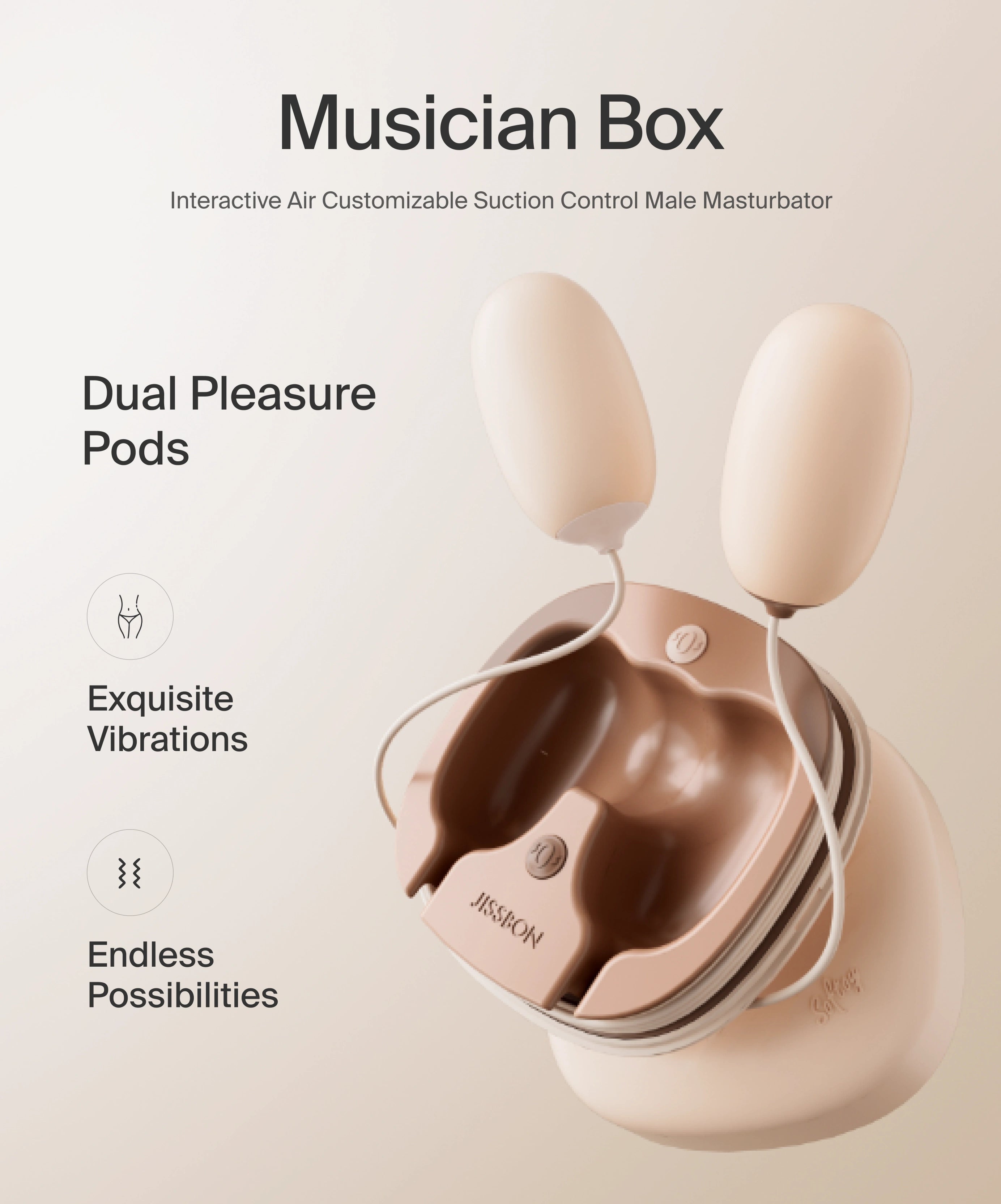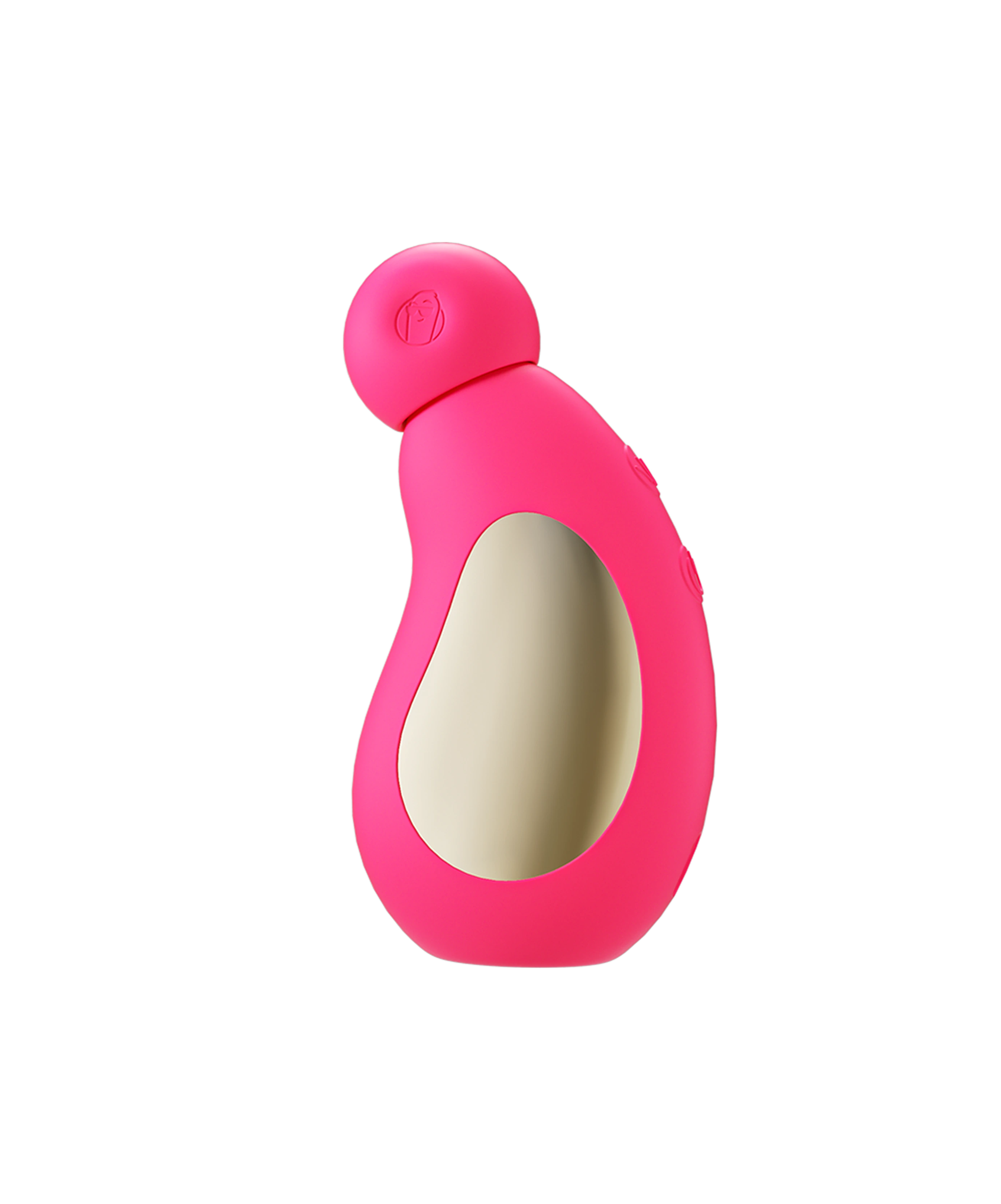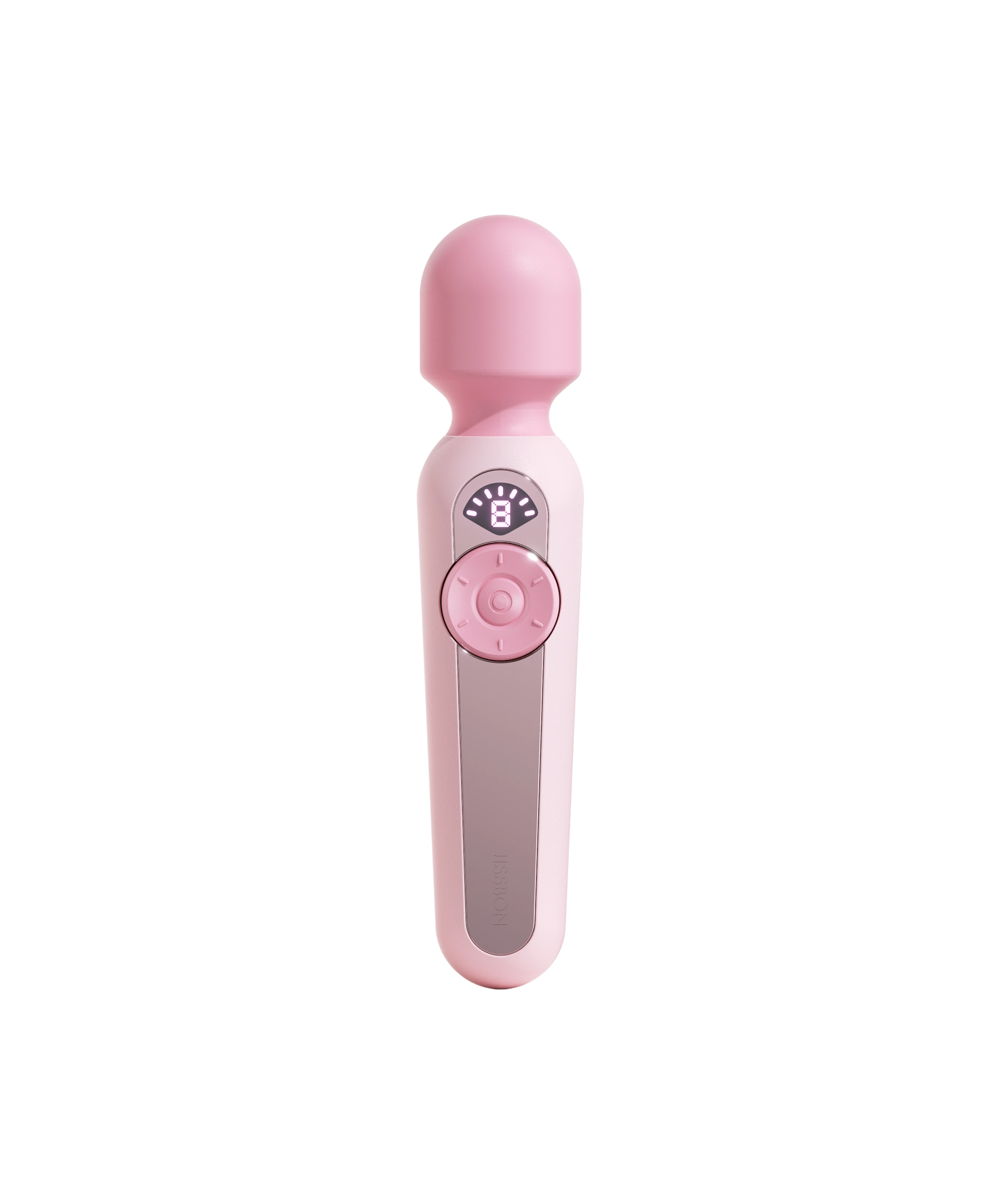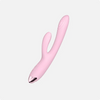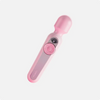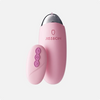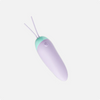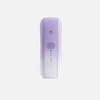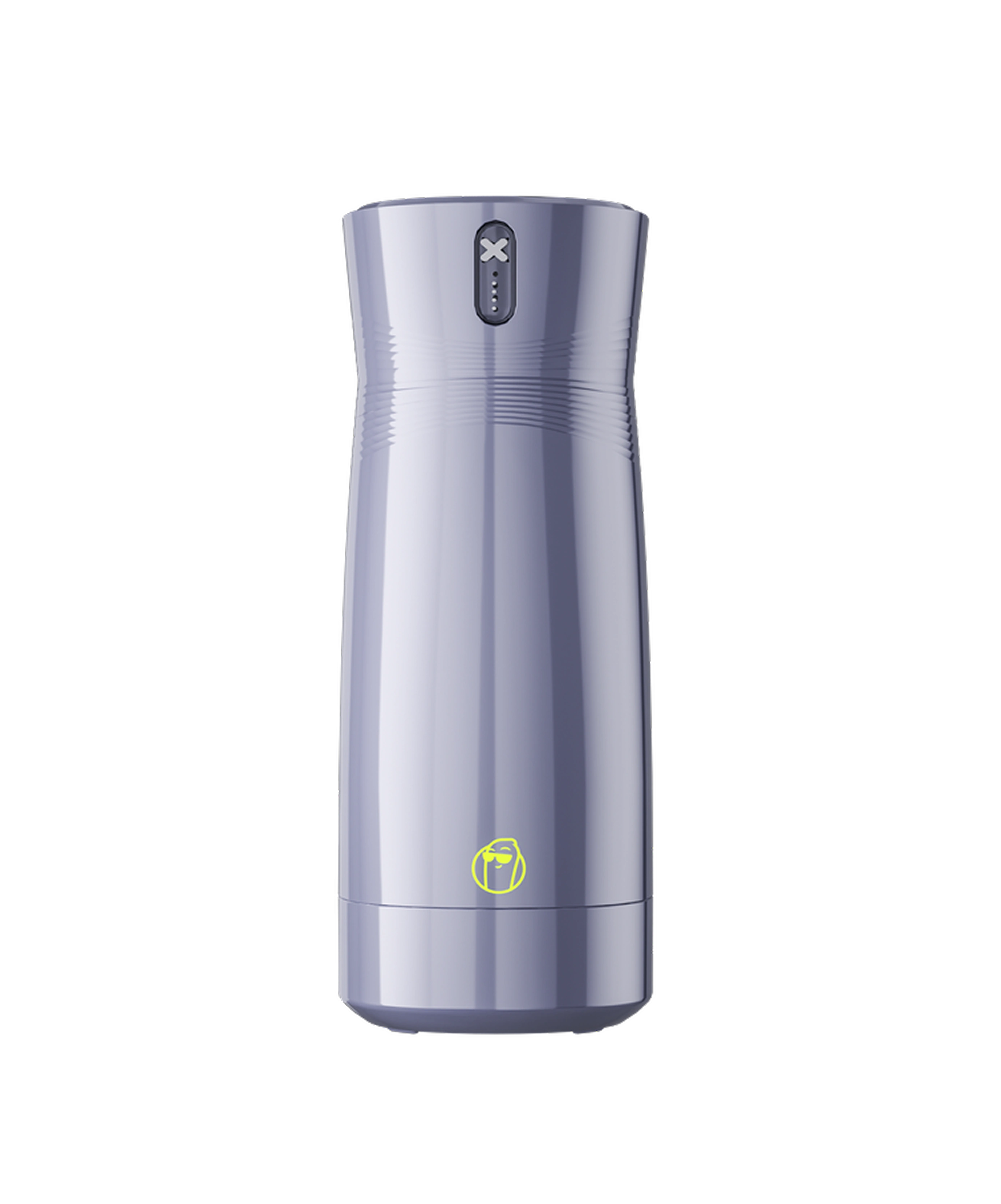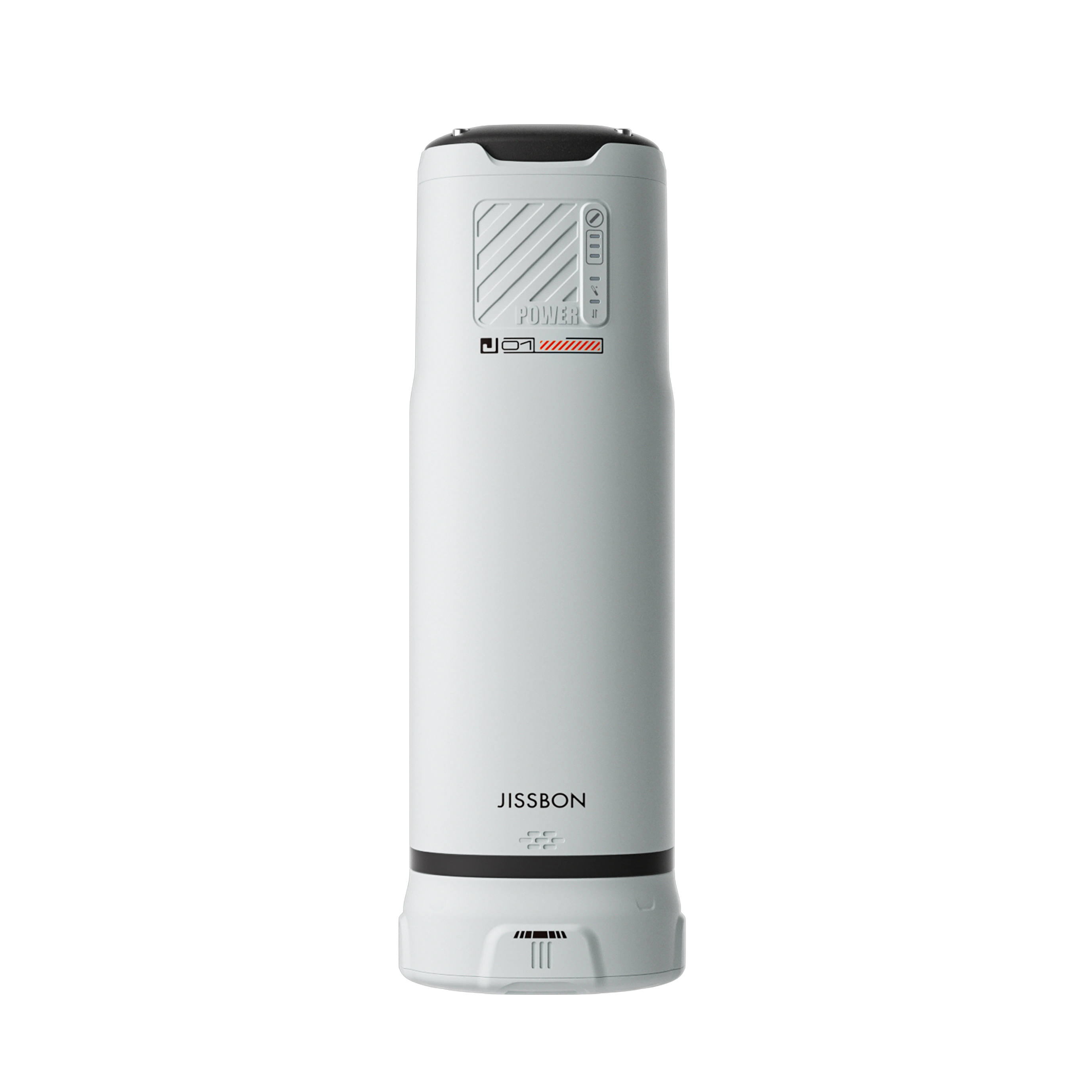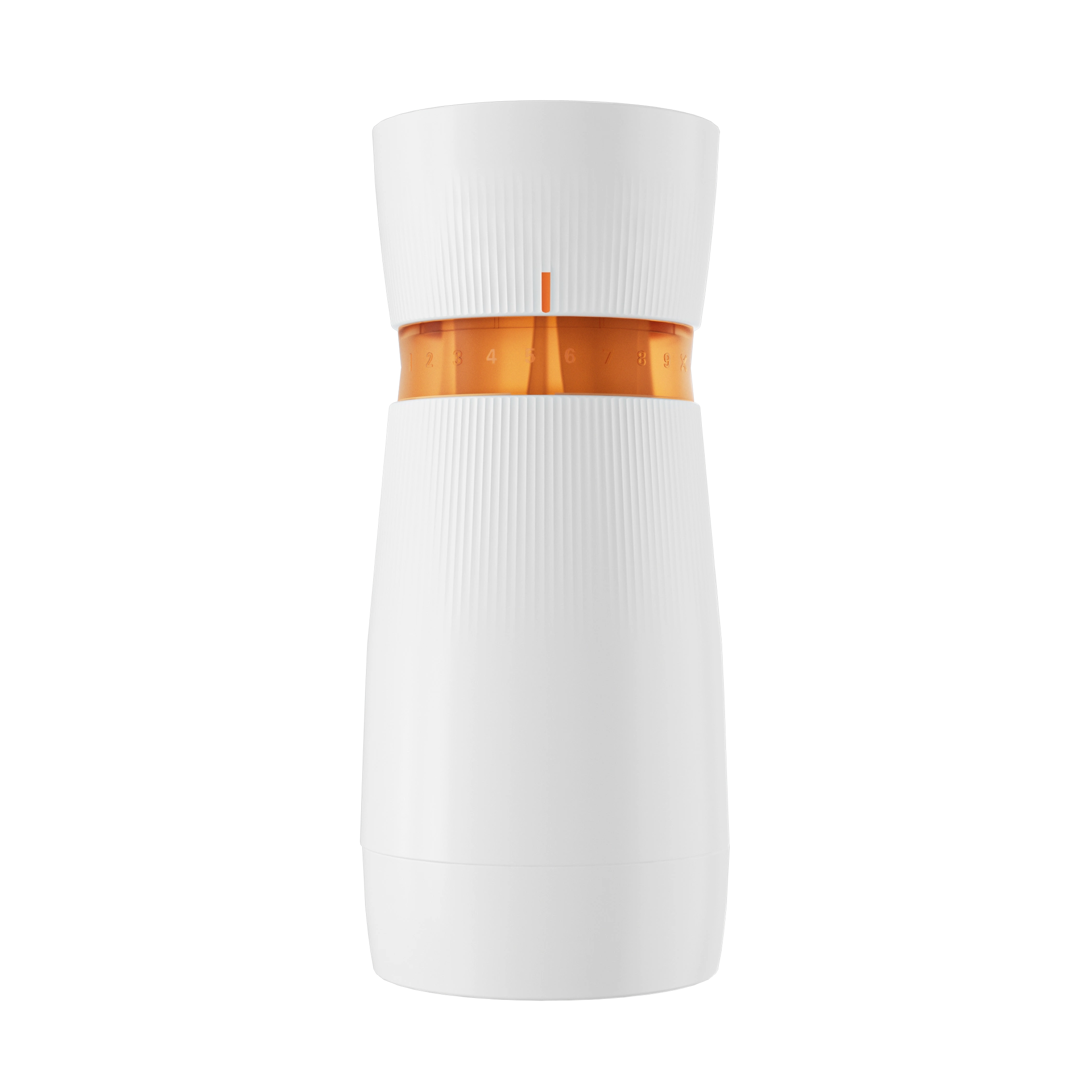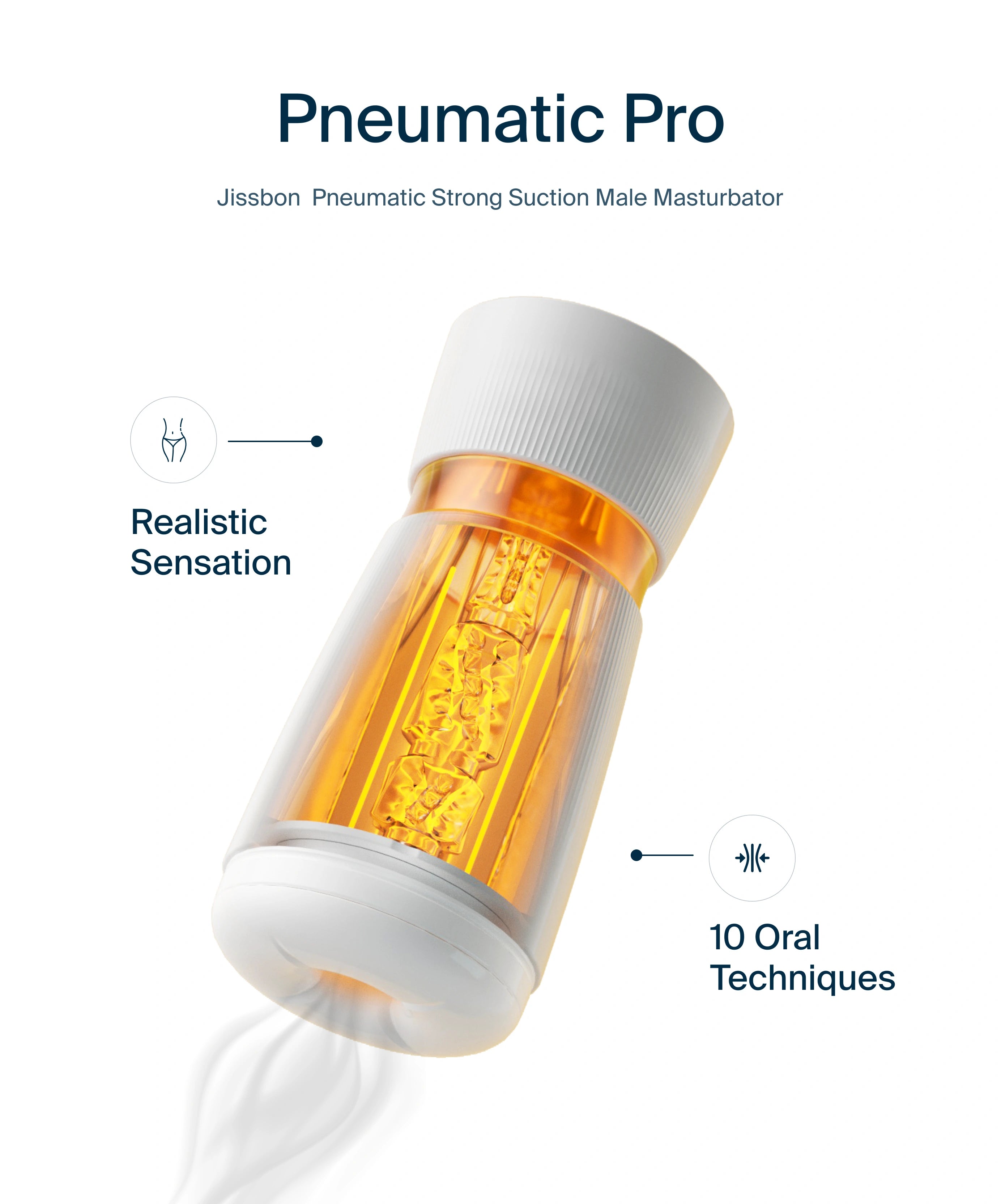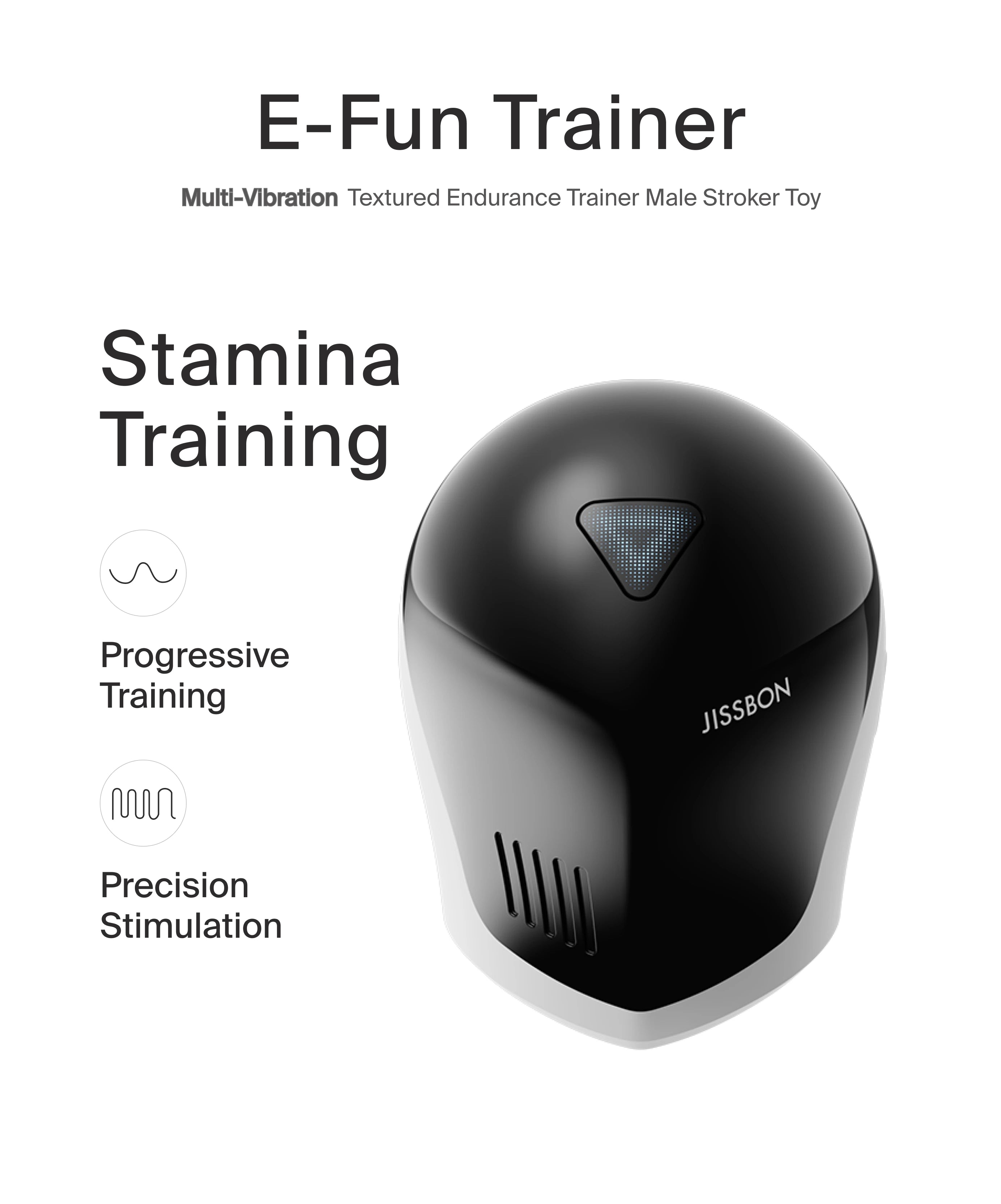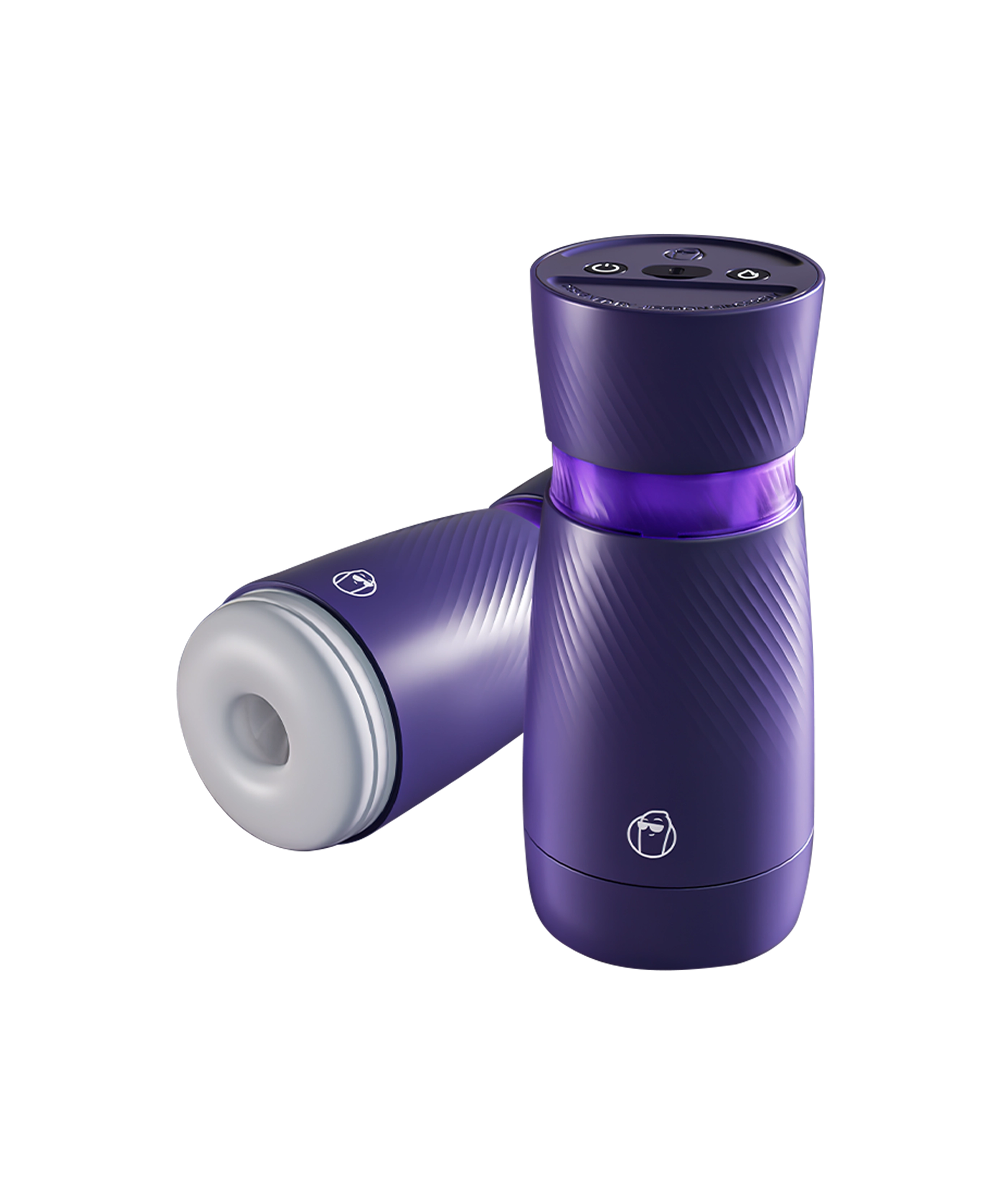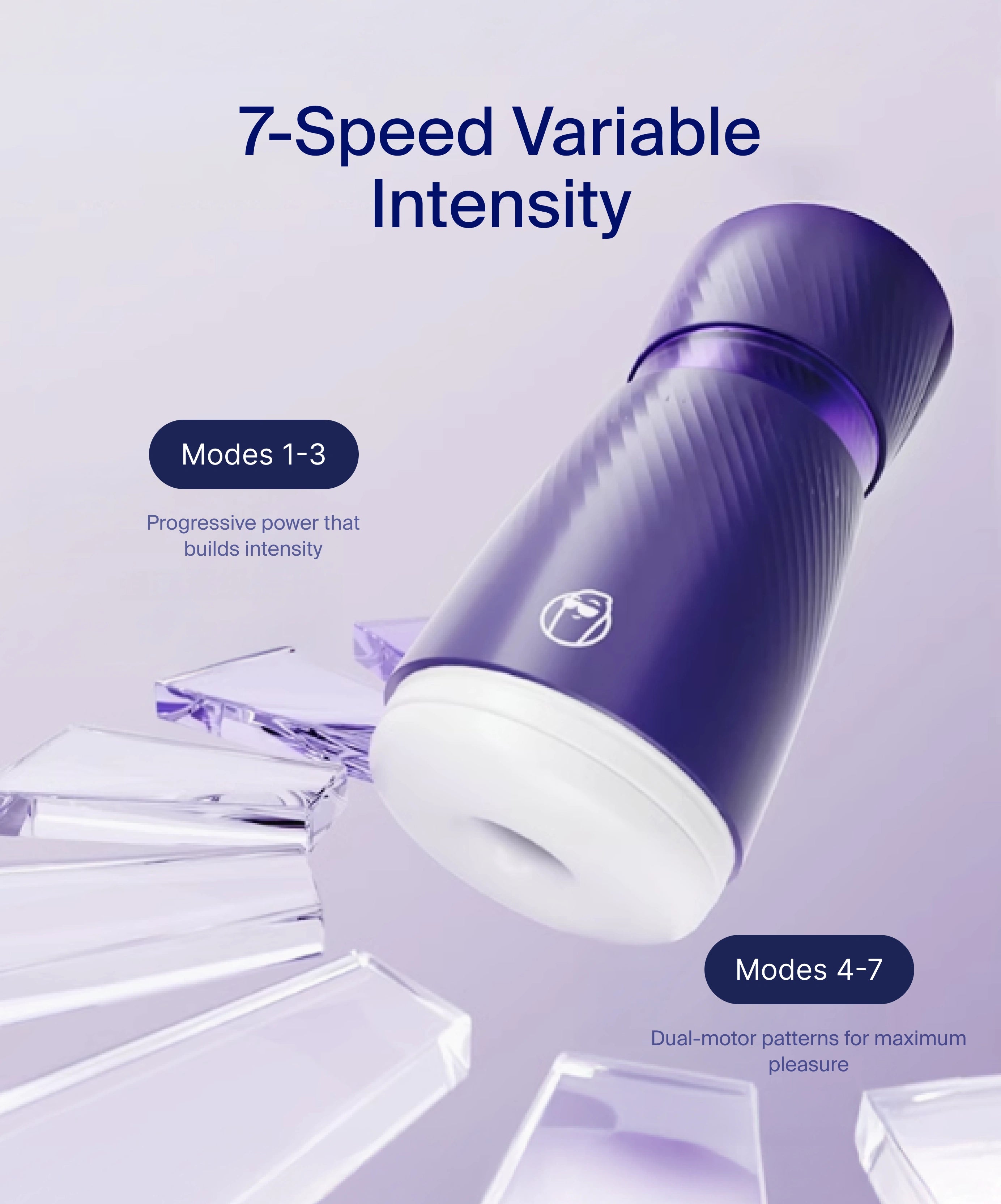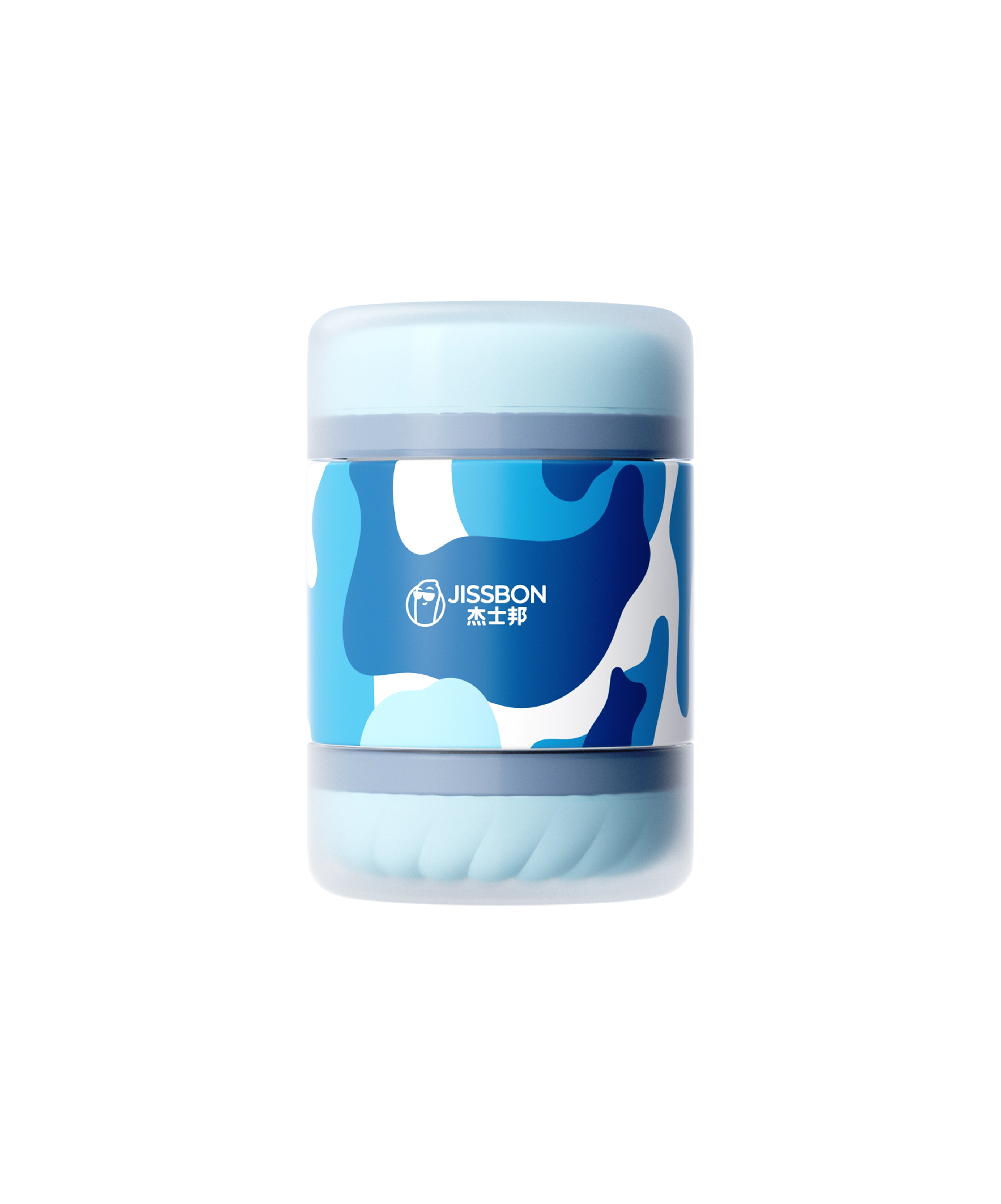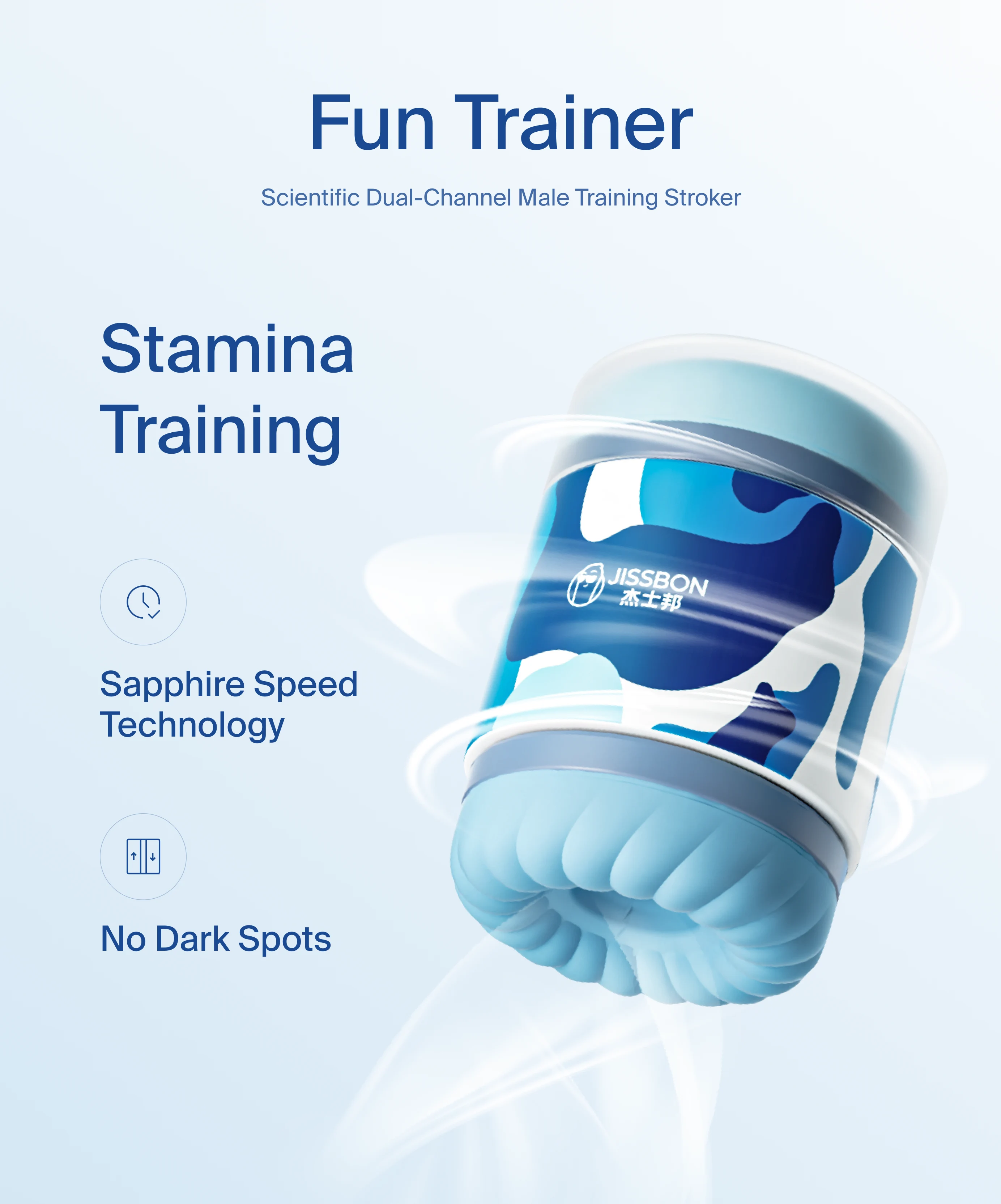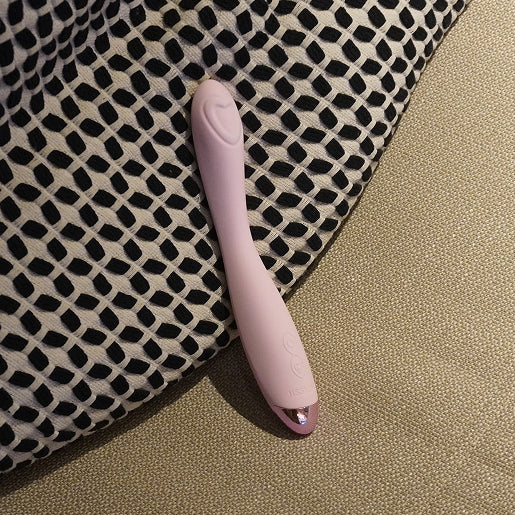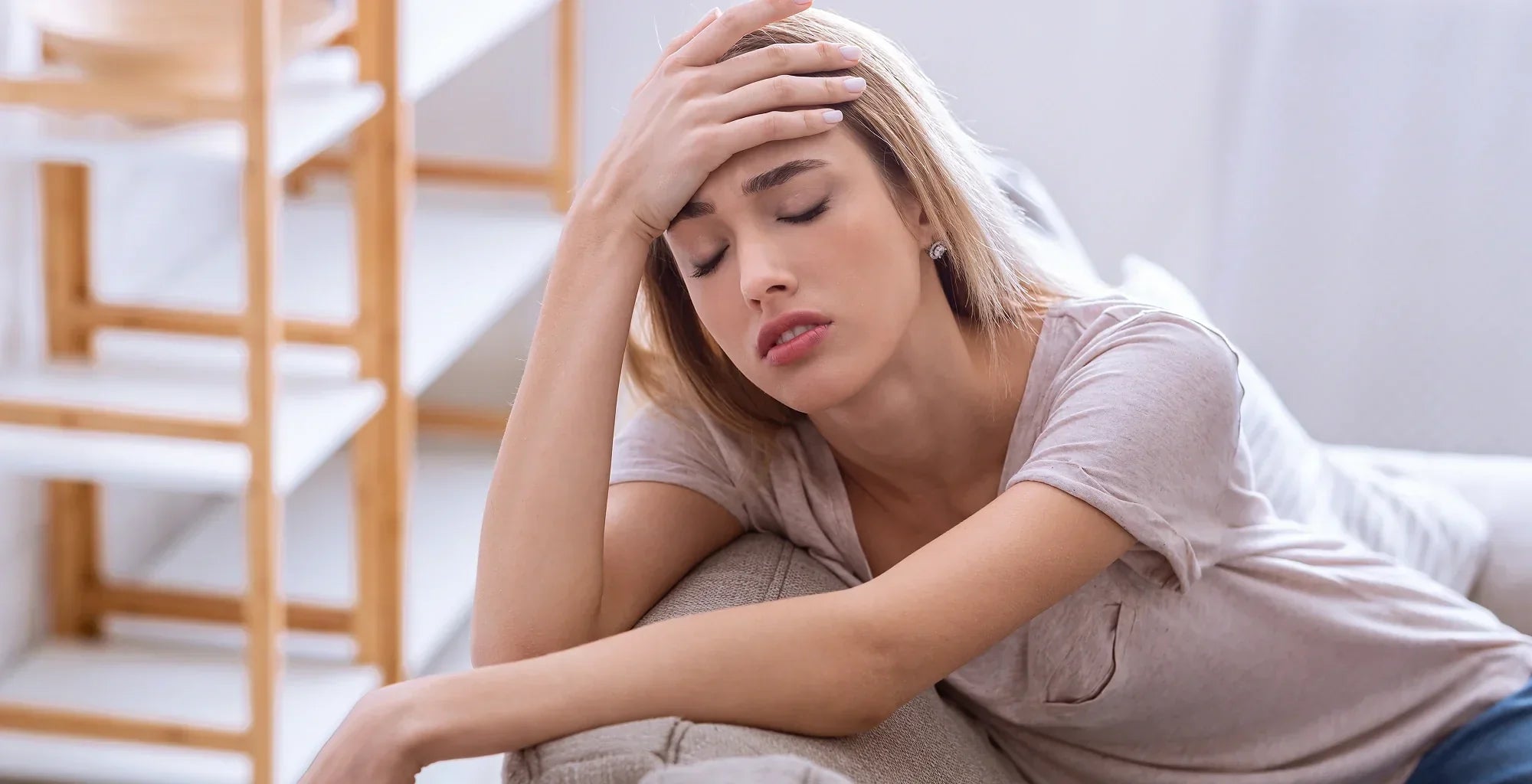Headaches and migraines affect millions of people worldwide, often disrupting daily routines and lowering quality of life. Many look for quick relief from medications and some people try natural remedies. Among the lesser-known methods, some people report that reaching orgasm whether through masturbation or sex can ease the pain of headaches. But how true is this, and why might it work?
Let’s find out what science says about orgasms as a potential headache remedy. We’ll discuss the difference between solo play and partnered sex, discuss the science behind orgasmic pain relief and offer safe, practical ways to try it.
Understanding Headaches and Migraines
Before we discuss orgasms and headache relief, it’s important to understand the types of headaches that affect people:
-
Tension headaches: The most common, often caused by stress, dehydration or muscle tension.
-
Migraines: Intense, throbbing headaches that can last for hours or even days. Often accompanied by nausea, sensitivity to light and visual disturbances.
-
Cluster headaches: Severe headaches that occur in cyclical patterns or clusters, usually affecting one side of the head.
-
Coital or orgasmic headaches: Headaches that appear during sexual activity, often at the point of orgasm.
Headaches and migraines can be triggered by many factors, such as stress, hormonal shifts, lack of sleep or certain foods. Because they vary in cause and intensity, what works for one person may not work for another.
What Research Says: Orgasm as Headache Relief
Scientific research into
orgasm and headache relief is limited but promising. Several studies have found that sexual activity, including masturbation, can reduce the severity of migraines and tension headaches in some people. In one study, about 60% of migraine sufferers who engaged in sexual activity reported partial or complete relief.
The main explanation lies in the body’s chemical response to orgasm. During sexual climax, your body releases a mix of endorphins, serotonin and oxytocin—natural chemicals that lift up the mood and relieve pain. These act like the body’s own painkillers, calming the nervous system and dilating blood vessels, which may help ease headache pain.
However, not everyone experiences this effect. For some, orgasms have no impact and for others, sexual activity can actually trigger headaches. This variability makes it important to approach this method with curiosity and an open mind.
Masturbation vs. Partnered Sex
Both masturbation and partnered sex can lead to orgasm, but they may differ in how they impact headache relief. Let’s look at each one.
Masturbation
Masturbation provides a safe, controlled environment. You set the pace, intensity and type of stimulation. For many, this makes it easier to focus solely on relaxation and building toward orgasm without worrying about performance or a partner’s needs. This control can be especially helpful during migraines, when light, sound and movement can be overwhelming.
Solo play also allows for experimenting with different toys and methods. To enjoy more in your session you can use a massager or a
vibrator for solo play.
Partnered Sex
Partnered sex offers additional benefits, such as emotional intimacy and increased oxytocin, sometimes called the love hormone. These feelings of closeness and relaxation may amplify the pain-relieving effects of orgasm. However, some people find partnered sex more physically demanding, which can be difficult during a severe migraine.
Communication is key in having sex with your partner, letting them know what feels good and what doesn’t can help avoid unnecessary discomfort.
Risks: When Orgasm Can Trigger Headache
While many people find orgasm relieves headaches, others may experience sex headaches, also known as coital or
orgasmic headaches. These headaches can occur just before or during orgasm and often feel like a sudden, intense pressure in the head or neck.
There are two main types:
-
Pre-orgasmic headaches: A dull ache that builds as sexual excitement increases.
-
Orgasmic headaches: A sudden, severe headache at the moment of climax.
Though usually harmless, severe or recurring sex headaches can sometimes indicate underlying health issues, such as high blood pressure or problems with blood vessels. If you experience sudden, severe pain or additional symptoms like vision changes or numbness, seek medical advice immediately.
How to Try Orgasm Safely for Headache Relief
If you’d like to explore orgasm as a way to relieve headaches, keep these tips in mind:
-
Start slow: Choose a comfortable, quiet space where you can relax.
-
Use gentle stimulation: Opt for gradual build-up rather than intense, fast-paced stimulation. Soft-touch toys like
remote controlled vibrators can help.
-
Experiment with positions: Lying down or reclining may reduce strain on your neck and shoulders.
-
Stay hydrated: Dehydration can worsen headaches, so drink water before and after.
-
Track your results: Keep a journal of when you try this method and whether it provides relief.
Trying both masturbation and partnered sex can help you determine which works better for you. Remember, everybody is different.
Real-Life Experiences and Anecdotes
Many people have shared their experiences of using orgasm to relieve headaches. For some, sexual activity significantly reduces pain, especially during tension headaches or mild migraines. One woman described how masturbation during the early stages of a migraine shortened the attack and reduced its intensity. Others report that partnered sex provides a similar benefit, thanks to both the physical release and emotional closeness.
However, not everyone experiences relief. Some find that orgasm has no effect or even makes their headache worse. These differences highlight the importance of experimenting safely and paying attention to your own body.
If headaches during or after orgasm become frequent or severe, consult a healthcare professional. They may recommend tests like an MRI or CT scan to rule out underlying conditions.
Red flags that require medical attention include:
-
Sudden, severe pain
-
Headache accompanied by vision problems, dizziness or weakness
-
Pain that worsens over time or feels different from your usual headaches
FAQs
Does masturbation really help migraines?
For some people, yes. The endorphins released during orgasm can act as natural painkillers and reduce migraine intensity.
Is partnered sex more effective than masturbation?
Not necessarily. Both can provide relief, but masturbation offers more control, while partnered sex may add the benefits of oxytocin and intimacy.
Can orgasm cause headaches instead of helping them?
Yes, orgasm can sometimes trigger sex headaches. If they’re severe or frequent, consult a doctor.
How can I tell if orgasm is helping my headaches?
Keep a journal noting the type of headache, timing of orgasm, and any relief you experience.
Are there other natural ways to ease headaches?
Yes, relaxation techniques, gentle massage, hydration, and stress management can also help.
Conclusion
For many, orgasm can be a surprising but effective way to find headache relief. By releasing endorphins and promoting relaxation, both masturbation and partnered sex have the potential to reduce pain. However, the effect isn’t universal, and for some, sexual activity may even trigger headaches.
If you’re curious about trying orgasm for headache relief, start gently and pay close attention to how your body responds. Keep communication open with your partner, and don’t hesitate to seek medical advice if headaches persist or worsen. With a thoughtful approach, you may find that sexual pleasure offers not just enjoyment, but a natural way to ease pain and support your overall well-being.






